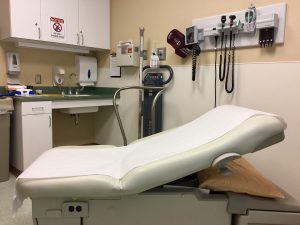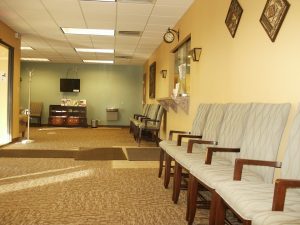NCCI Class Code 8810 | Clerical and Office Employee
In most states, classification code 8810 is meant for Clerical and Office Employees. What distinguishes an employee as a clerical or office employee is difficult for many businesses to determine. Because of this difficulty, 8810 tends to be one of the most misused, misunderstood and most common misclassified class codes. Many businesses improperly place some or all of their staff in this classification code because the business will enjoy some of the lowest rates for workers compensation premium of any classification code.

In many instances, a business owner will attempt to place all employees under the classification code 8810 – Clerical and Office Employee. This is because this class code enjoys the lowest rates for workers compensation premium. Some of the employees may actually belong in this class code, but often times a majority of them do not. The main qualification to be listed in this class code is that the employee needs to always perform their job where there is some form of physical separation from employees engaged in other high hazard work *think walls and doors). Employees in this classification should also not have any type of contact or supervisory role over employees involved in physical labor. The area an employee classified as 8810 – Clerical and Office Employee should also be separate from any storage areas where inventory is secured.
When an office employee begins to perform any duties outside of their clerical duties, they more than likely need to have a different classification. This may include something as simple as walking or driving off the property to get the mail. A good example of this would be when a non-profit has a program director who spends a majority of their work week behind a desk, but they also have direct supervisory duties. Because these supervisory duties take them away from the office and force them to interact with the general public and the entire staff involved with other exposures, the employee cannot be classified 8810. WHen this occurs the employee must be placed the highest rated risk classification represented by those additional duties. Many employers combat this cost by assigning these additional duties to one or a select few employees.

It is important to pay particularly close attention to the separation of exposure between different work hazards. When an employee is misclassified into a less risky classification code like clerical office employees noc, it almost always gets cleared up during the end of term audit. When it does get noticed, the employer will owe additional premium in order to keep coverage in place moving forward. This can be a significant cost to a business at an inopportune time.
| 8810 | Clerical Office Employees. This is the most common class code utilized and is common to most policies regardless of the nature of business because most businesses have one or more clerical office employees. Common duties include financial, drafting, telephone answering, inside sales, designers, editors, programmers, and general office staff. |


